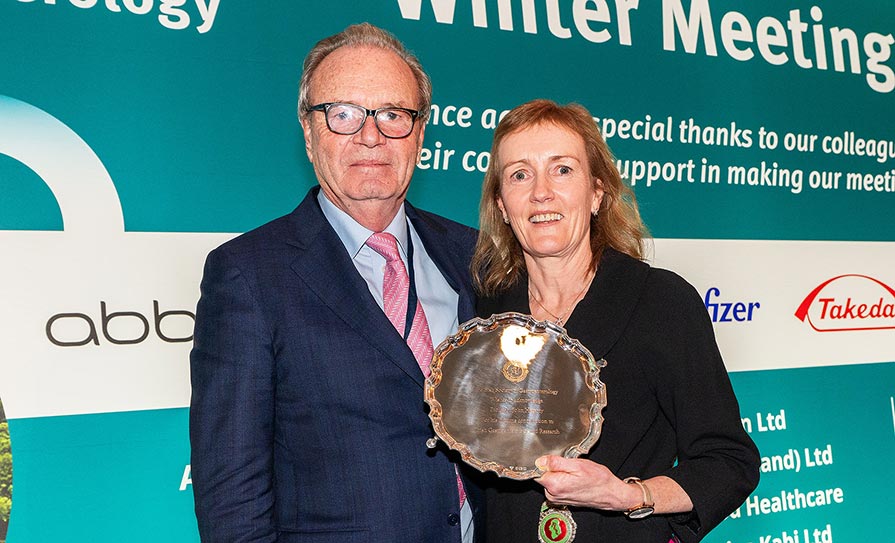It shouldn’t come as a huge surprise, but a study published this month in<em> Drug and Alcohol Review</em> has shone a light on how the alcohol industry (AI) juggles statistics and actively “disseminates misinformation” on the link between alcohol consumption and the risk of developing cancer, in particular breast and colorectal cancer.
Working out of the London School of Hygiene and Tropical Medicine in the UK and the Karolinska Institute in Sweden, the authors focused on 27 AI organisations and the information they published between September and December 2016.
The aim was to make a judgement on the accuracy of the information published in documentation and on websites and how comprehensive, or otherwise, this information was. You may have an inkling as to their results, but they are worth highlighting: Most of the AI organisations were found to “actively disseminate misrepresentations about the association between alcohol and cancer”.
This was done using three main strategies — mentioning cancer but misrepresenting the risk (‘distortion’); simply denying or omitting the evidence of alcohol and cancer risk ‘denial/omission’); and steering discussion away from alcohol and common cancers (‘distraction’). In the latter instance, this was found to particularly be the case when it came to breast and colorectal cancers (there are more than 100 clinical studies on the link between alcohol and breast cancer alone).
They noted that such shenanigans have parallels with the activities of the tobacco industry. The AI must, as part of its ‘corporate social responsibility’ obligations, publish information on the cancer risk posed by alcohol, but the devil is in the detail of how they go about this, say the authors. Under the ‘denial/omission’ heading, there was found to be “selective omission” when it came to distributing accurate information.
Under ‘distortion’, the AI often implied that the risk only applies to certain patterns of drinking, such as heavy, regular consumption or binge-drinking. It was also implied by the AI that the evidence on the link is not trustworthy, or claiming that there is a lack of consensus on the clinical evidence.
Under ‘distraction’, the AI often cited less-common cancers and emphasised cancer types, rather than prevalence.
The encouragement to ‘please drink responsibly’ seems like a shallow ‘tip-of-the-cap’ when these findings are delivered and may illustrate how the AI cloaks itself in a veneer of ‘social responsibility’, in the same way the tobacco industry did, after it was forced to display warnings on cigarette packaging.
The authors go further, stating that these findings could open the AI to litigation — the American Beverage Association and Coca-Cola are currently being sued in the US for down-playing the risks associated with their products.
This research matters, when you consider that unlike the tobacco industry, the AI has a hand in international public health policies and has stakeholder or ‘partner’ status at United Nations and World Health Organisation meetings.
<p class=”HeadB25MIstyles”>Startlingly, overall, only one-in-10 people are aware of the link between alcohol consumption and cancer and for many people who are aware of the link, a subtle — and skilful — obfuscation of the facts is all they need to put that risk to the back of their minds.
<div> <h3 class=”DORSALhead2MIstyles”>Second that emotion </h3> </div>
On a lighter note, a new US study has challenged the perception in psychological circles that every emotion we feel falls under six basic categories — happiness, sadness, anger, fear, surprise or disgust.
Rather, they postulate that we have 27 separate and distinct emotions and our feelings are far more complex than previously assumed. Among the range are awkwardness, confusion, relief, sympathy and a whole lot more.
More than 800 participants in the study, the results of which were published in the US journal<em> Proceedings of the National Academy of Sciences</em>, were shown video clips of a variety of events to provoke their emotions, including spiders and snakes, babies, risky physical acts, natural disasters, awe-inspiring wonders of nature and sexual acts, among others. The authors found that our feelings are far more nuanced than was previously thought and the previous model of six basic categories of feelings is outdated.
Lead author Mr Alan Cowen of the University of California, Berkeley, said: “Emotional experiences are so much richer and more nuanced than previously thought.
“Our hope is that our findings will help other scientists and engineers more precisely capture the emotional states that underlie moods, brain activity and expressive signals, leading to improved psychiatric treatments, an understanding of the brain basis of emotion and technology responsive to our emotional needs.”
<p class=”HeadB25MIstyles”>Not sure how I feel about this study.












Leave a Reply
You must be logged in to post a comment.